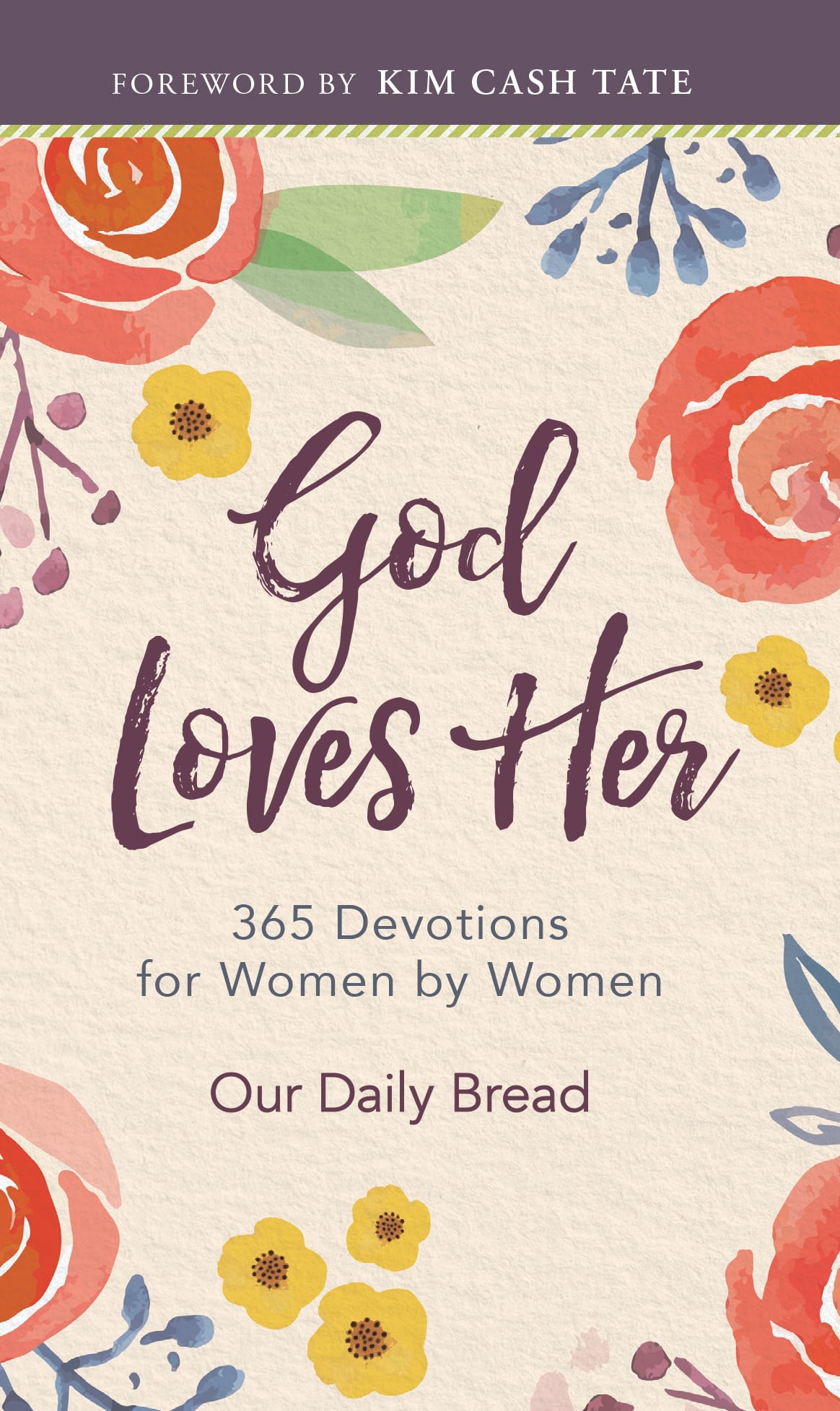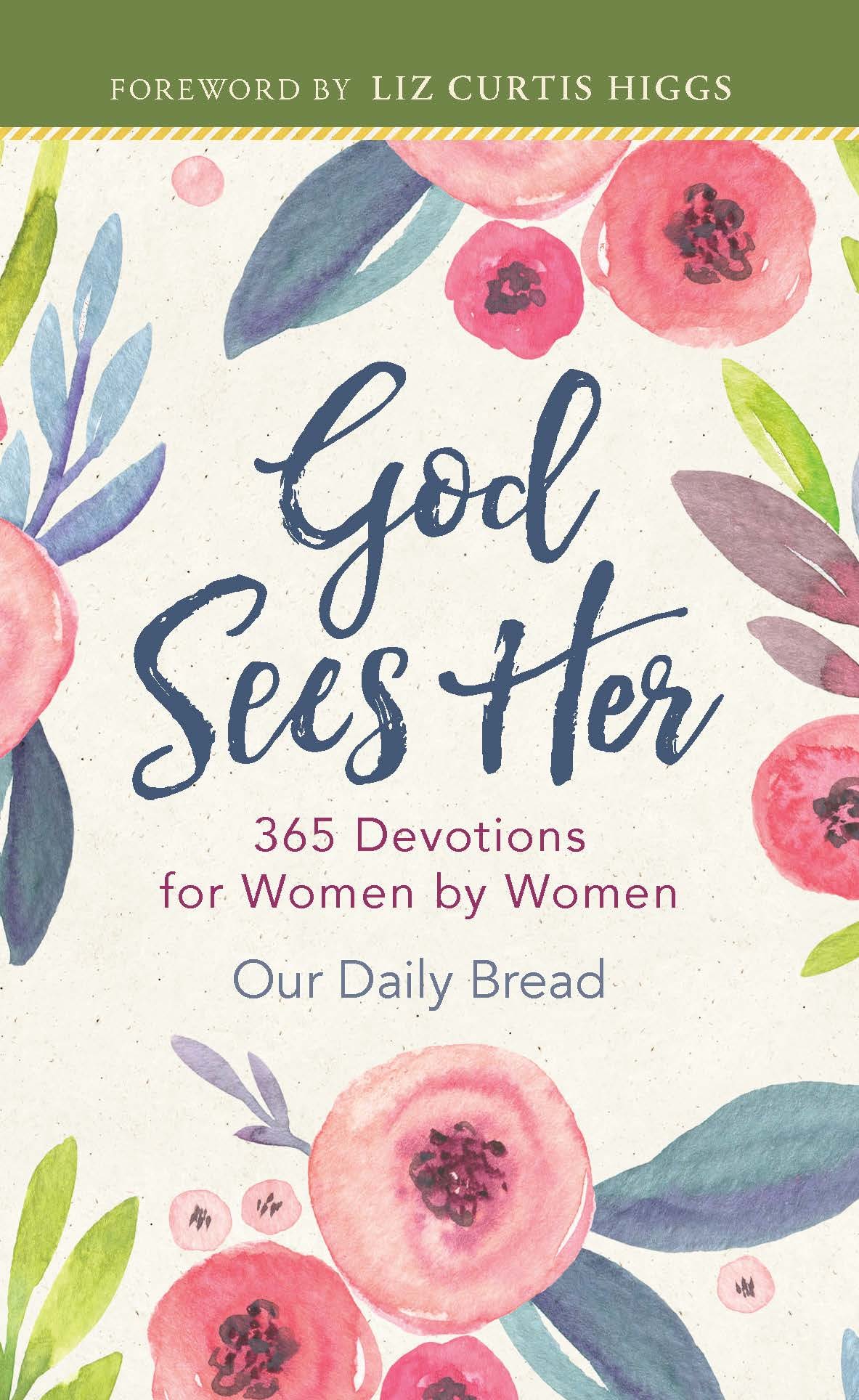We women pray. We can hardly help ourselves. When we lose it and run out of patience – at 9 a.m. – already four hours into our day. Under our breath in a moment of frustration. For our friends and husbands and children so in need of hope and help. Over our troubled world. After a stunningly happy surprise. We pray.
And yet, we can find prayer baffling. We wonder, does this make any difference? Is God listening? Will He answer the way I want? Why is He taking so long? Why do we often feel so cut off from Him? What if we’re praying the wrong way?
I didn’t grow up in a home where prayers were offered. As the day began. Over meals. At bedtime. Ever. While I loved God as a child – my single mom made sure my sister and I were dropped off at church each Sunday (free childcare for her!), it wasn’t until I was a teen that I came to know enough about Jesus to fall into His arms and begin the journey of giving more and more of me to more and more of Him.
As a twelve-year-old in my home church, I memorized the Lord’s Prayer, but today, I don’t often recite it. I ask, but I don’t always receive. I try to pray and never give up. Really, I do. But sometimes I forget to pray, and when I do pray, I sometimes forget what I prayed. I experience—personally—lots of prayer problems.
I wonder if there isn’t a deeper issue at work here. I find myself conflicted in prayer. Pulled in the two directions of what I want and what I think God wants. My will versus His will.
I’ve made a surprising discovery. Like a coin, prayer possesses two sides.
We see this in how Jesus prayed. In the intense hours in a garden the night before He went to die on a cross, Jesus prayed “Take this cup, yet not my will but yours be done” (Luke 22:42). Two specific prayers: First: Take this cup. Then: Not my will. Such a duality powerfully displayed in three of the gospel accounts, and mentioned in the fourth. Two sides of Jesus. Two sides of us. Two sides of prayer. A prayer coin of sorts.
When Jesus says, Take this Cup, that’s the honest side of the prayer. He reveals his own desire, “This is what I want.”
Then Jesus flips the coin, praying Not my Will, the side of abandon. Abandon is saying to God, “But what do you want, God?”
Notice that in between the two sides of honest and abandon is the word “yet” which forms the edge of the coin – a pivot where we tip back and forth between each side, experiencing one side at a time: honest (what I want) – pivot – abandon (what do you want, God?).
Take this cup, yet not my will but yours be done.
Wow! This prayer is quoted more than any other prayer in the Bible. Yet …(there’s that pivot!), have I ever prayed it? For myself? For those I love? Have you?
What if we prayed like Jesus? Honest. Abandon. Abandon. Honest.
First – be honest: What are you currently wanting, needing, desiring before God?
-
You look around at other women, happy in their Pintresty friendships and you wonder what’s wrong with you. Take this cup of feeling excluded, God.
-
Maybe you’re concerned about your three-year-old. Is she speaking enough? Take this cup of delayed speech, God!
-
Your husband isn’t very attentive –and you’re wondering why you married him. Take this cup of a lukewarm marriage, God!
And after you’ve poured out what’s really in your heart … try a pivot. Flip to the other side of prayer: abandon. What might you want for me, Lord?
Abandon asks how far will you go to commit your wants, needs and desires to what God wants for you and your life?
-
Women around you may be just as lonely as you are. Decide to go first and risk rejection in order to pursue friendship. Not my will God.
-
Your daughter may need testing for her speech – expensive testing. Choose to be willing to sacrifice coffee money. Not my will, God.
-
Your husband may come from a family where affection was scarce. Reach out to him rather than insisting he change. Not my will Go
And then in each need, move back again to honest. Then again, a pivot to abandon. Again and again, learning more about what you really want and what God wants as well.
When we pray like Jesus, we pray both sides of prayer. One side is honest: the freedom to be ourselves in relationship with God. The other side is abandon: the calling to yield to God’s desires in our lives. We spend prayer best, like a coin, with the currency of both sides: honest and abandon. Pivoting from one to another.
As you do, you’ll journey deeper in your relationship with God, who uses both sides of prayer to draw us closer to Him, just as He did in a garden long ago with his Son.
—Adapted from When We Pray Like Jesus: Courageously Honest and Fearlessly Abandoned Before God by Elisa Morgan. Used by permission of Our Daily Bread Publishing®, Grand Rapids MI. All rights reserved. Further distribution is prohibited without written permission from Our Daily Bread Publishing® at permissionsdept@odb.org. Click here to connect with Elisa.






